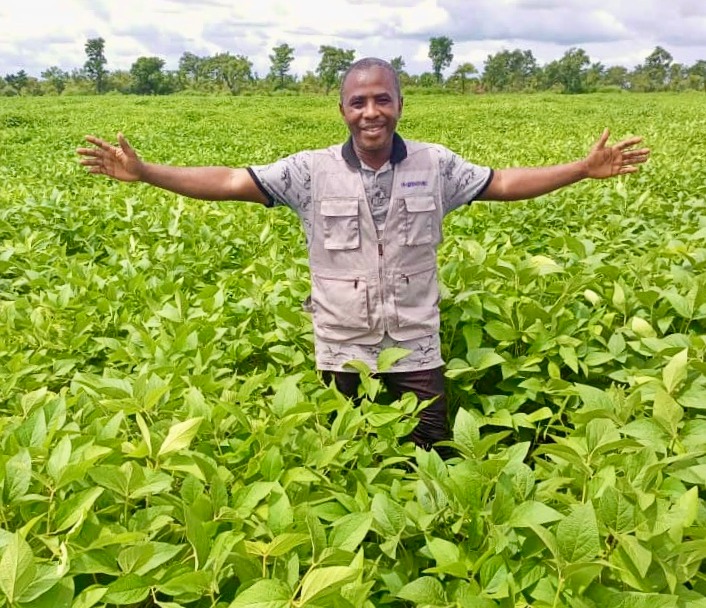
Ghana's Growing Role as a Soybean Exporter to Europe

Sanjay Mirchandani
2023-06-30 12:00:00
Europe, one of the largest soybean importers worldwide, traditionally relied on the United States, Brazil, and Argentina as its primary suppliers. However, recent geopolitical events, such as the Russo-Ukrainian war in 2021, have disrupted soybean imports from Ukraine and Russia. Consequently, Europe's soybean market has yet to meet demand, creating an ideal opportunity for countries like Ghana, with untapped agricultural potential, to step in and exploit this gap.
The European Union (EU) has actively sought to diversify its soybean suppliers in recent years to reduce dependency on a limited number of countries. This strategic approach has opened doors for alternative exporters, allowing them to access the European market. Ghana, in particular, has emerged as a promising soybean exporter, capitalizing on the favorable circumstances.
Ghana possesses inherent agricultural advantages that make it an attractive supplier to the European market. The country's smallholder farmers have already established a significant presence in soybean production, viewing it as a lucrative cash crop due to its low input requirements and adaptability to various soil types. Furthermore, Ghana's favorable climatic conditions and abundant water during the rainy season make it suitable for soybean cultivation.
Agritrade, a company dedicated to modernizing Ghana's agricultural sector, has joined forces with AgroFides to support smallholder farmers in cultivating soybeans for export to the European market. This partnership aims to enhance the production capacity of Ghanaian farmers while enabling them to enter the European market successfully. As Europe faces a soybean demand gap, Ghana's geographical proximity to the continent gives it a competitive advantage over major soybean-producing regions such as the Americas. The reduced transportation costs and timely delivery will further solidify Ghana's position as a competitive supplier.
To meet the stringent quality control requirements of the EU, AgroFides works closely with Agritrade, which ensures that its smallholder farmers procure quality crops in compliance with high European standards. European markets have also shown increasing interest in sustainable agriculture, prompting AgroFides to undertake an Impact Assessment that includes an environmental impact evaluation. This assessment helps farmers identify necessary changes to enhance the responsible practices of their farms, aligning with Europe's sustainability standards.
AgroFides recently provided additional loans to 400 Ghanaian soybean farmers, focusing on promoting agricultural sustainability and meeting European soybean demand. AgroFides aims to increase farmers' profitability by supporting these smallholder farmers while contributing to the European market's soybean supply. This collaborative effort between AgroFides, Agritrade, and Ghanaian farmers addresses a tiny soybean demand gap in Europe and empowers local farmers, stimulating economic growth and rural development in Ghana.
Ghana's entry into the European soybean market could mark a crucial global trade landscape shift. As Europe seeks to diversify its suppliers and adapt to changing geopolitical dynamics, Ghana's untapped agricultural potential and proximity offer a valuable opportunity. Through partnerships and sustainable farming practices, Ghanaian smallholder farmers are seizing this moment to establish themselves as reliable exporters, attempting to meet European demand while advancing their economic prosperity. Investment through AgroFides presents investors with a prime opportunity to prosper in this journey.